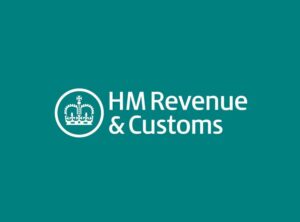HMRC, or Her Majesty’s Revenue and Customs, plays a pivotal role in the financial ecosystem of the United Kingdom. At its core, HMRC is responsible for tax collection and administration, managing a complex web of financial responsibilities.
This government agency oversees the collection of various taxes, including income tax, corporate tax, and value-added tax (VAT). Its influence extends beyond revenue collection, encompassing the development, implementation, and enforcement of tax laws to ensure compliance in a dynamic economic environment.
A vigilant enforcer, HMRC safeguards the integrity of the UK’s tax system by investigating potential tax evasion, fraud, and financial irregularities. In addition to taxation, HMRC manages customs and excise duties, regulating trade and ensuring proper tax levies on imported goods and controlled substances.
Furthermore, HMRC is involved in the distribution of welfare benefits and tax credits, assessing eligibility and ensuring equitable financial support. Guided by principles of fairness, transparency, and efficiency, HMRC shapes economic behavior and contributes to the nation’s overall fiscal health.
In essence, HMRC is more than a tax-collecting entity; it is a linchpin in the intricate machinery of the UK’s financial infrastructure. Through its work, HMRC strives to balance the needs of the government, businesses, and individuals while upholding the principles of fiscal responsibility and economic fairness that define the nation’s financial ethos.
Get the phone numbers of other government companies.https://www.gov.uk/government/organisations/hm-revenue-customs

